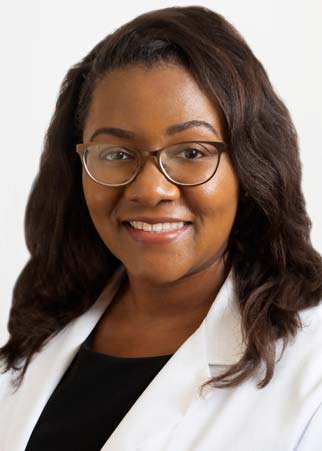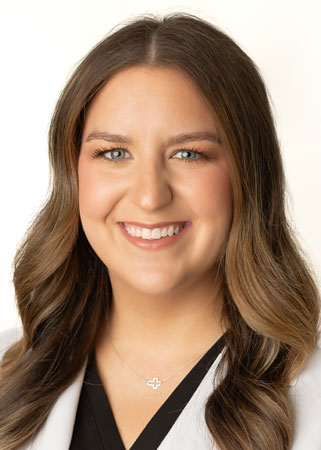Breast Health / Breast Cancer Screenings
Quick Facts
Breast Health Doctors
Pat Chaney, MD
OB/GYN
Kam Otey, MD
OB/GYN
Pam Lacy, MD
OB/GYN
Adrienne Paige, MD
OB/GYN
Bo Martin, MD
OB/GYN
Alexandra Worthy, DO
OB/GYN
Nurse Practitioners
Alison Harris, CFNP
OB/GYN
Breast cancer is the most common cancer in women. More importantly it is the second most common cause of cancer death in women. There are many options for treatment. It is far better if it is detected early.
The rate in Mississippi is 121.7 Women with breast cancer per 100,000 women according to the CDC.
The best way to detect breast cancer is with early screening with a mammogram. A mammogram is a specialized Xray of the breast tissue to detect abnormalities. The screening times are based on age and risk.
Breast Health / Cancer Screening
Under Age 40
Screening is not routinely recommended due to dense breast tissue. This is also a low risk group. However, your OB/GYN will often perform a physical breast exam as part of your annual wellness exam to check for abnormalities.
Age 40-49
This is time to have a discussion with your physician. In low risk women, screening may have more false positives. However, higher risk women and women with concerns should be screened.
Age 50-74
Every women should have a screening exam at least every 2 years.
Age 75 or older
This is again time to discuss with your physician. Other medical problems in this age group usually play a role in your health and life expectancy.
Breast health FAQs
What if the test is positive?
If you have a positive or high risk mammogram, more imaging is usually required. This may be a more detailed xray or an ultrasound.
How often do a need a mammogram?
In average risk, mammograms are every 2 years. Higher risk women may need yearly exams.
What increases risk of breast cancer?
You are at higher risk if you have a family history of breast cancer. Some genetics can also increase such as the BRCA which your doctor may be able to detect from an in office test.
Do mammograms hurt?
Some women do experience some discomfort. The breast is pressed between 2 pieces of plastic to obtain the image. The pain is the only side effect and is temporary for the duration of the procedure. Not scheduling during your menstrual cycle when the breast are more tender may help.
How long is a mammogram?
It varies but is averages 10-15 minutes.








